ARDUINO MKR CAN-BUS SHIELD
AED 135.00
In stock
In stock
| Stock | Shipping Method | ETA | Cost | |
|
|
Available | Self Pickup | 1 Day | Free |
|---|---|---|---|---|
|
|
Available | Inside UAE | 2 - 3 Days | 22 AED / Free Above 50 AED |
|
|
Available | International | 4 - 7 Days | 180 AED | 49 $ |
|
|
Pre-Order | General | 2 Weeks |
Payment Methods:
Specifications:
The Arduino MKR CAN-Bus Shield is designed to enable Arduino MKR boards to connect to a Controller Area Network (CAN) bus, which is extensively used in the automotive industry. This shield is particularly useful for applications involving automotive communications, smart vehicles, autonomous cars, and drones, as well as connecting to various types of industrial-grade sensors, motors, and displays.
Here are the technical specifications for the Arduino MKR CAN-Bus Shield:
- Controller: It utilizes the Microchip MCP2515 CAN controller with an SPI interface for communication.
- Protocol : CAN Bus
- Transceiver: The shield includes the NXP TJA1049 high-speed CAN transceiver, which facilitates the interface between the CAN controller and the physical CAN bus.
- Buck Converter: Features a TPS54232 buck converter from Texas Instruments to manage power efficiently.
- Operating Voltage: The circuit operates at 3.3V.
- Input Voltage: It supports a screw connector input voltage range of 7V to 24V, and a header input voltage of 5V.
- Compatibility: The shield is compatible with MKR-sized boards and includes a switchable onboard termination resistor to adapt to different CAN network configurations.
Additionally, the shield uses Pin 7 to generate an interrupt when data is coming from the CAN bus, and it allows for the use of batteries as a power supply through a DC-DC converter with pulse-skipping Eco-Mode feature.
Learning Resources:
Getting Started with the MKR CAN Shield
Applications and Projects:
The Arduino MKR CAN-Bus Shield has a wide range of applications, particularly in scenarios where robust and reliable communication is essential. Here are some applications and use cases for the MKR CAN-Bus Shield.
- Automotive Systems: The MKR CAN-Bus Shield is extensively used in automotive applications due to its ability to connect to the Controller Area Network (CAN) bus, a standard in the automotive industry for enabling microcontrollers and devices to communicate with each other without a host computer. It can be used for tasks such as monitoring engine temperature and triggering warnings when certain thresholds are reached, showcasing how CAN bus protocol allows devices to autonomously solve tasks and communicate critical information without driver intervention.
- Understanding CAN Protocol: Learning and experimentation with the CAN protocol are fundamental applications of the MKR CAN-Bus Shield. The shield serves as an educational tool to understand how CAN messages are structured, including identifiers and data segments that facilitate communication between devices in a network. This can be particularly useful for students and hobbyists interested in the technical aspects of network communications within automotive or industrial systems.
- Industrial Applications: Beyond automotive applications, the Arduino MKR CAN-Bus Shield can simplify the connection between MKR boards and industrial systems. Its capability to interface with industrial-grade sensors, motors, and displays opens up possibilities for creating smart vehicles, drones, and even for smart manufacturing where devices need to communicate seamlessly over a robust network.
- Prototyping and Product Development: For developers and makers, the MKR CAN-Bus Shield, along with Arduino MKR boards, provides a powerful platform for prototyping products and systems that require CAN bus communication. This can range from developing diagnostic tools for vehicles to creating custom controllers for industrial machinery or automotive applications.
Product Attributes :
Specification
| Part Number |
ASX00005 |
|---|---|
| Unit Of Measure |
Each |
| Brand |
Arduino |
Product Reviews:
You must be logged in to post a review.















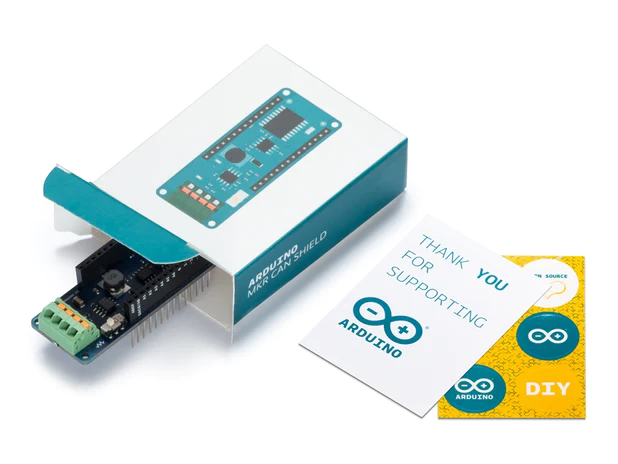
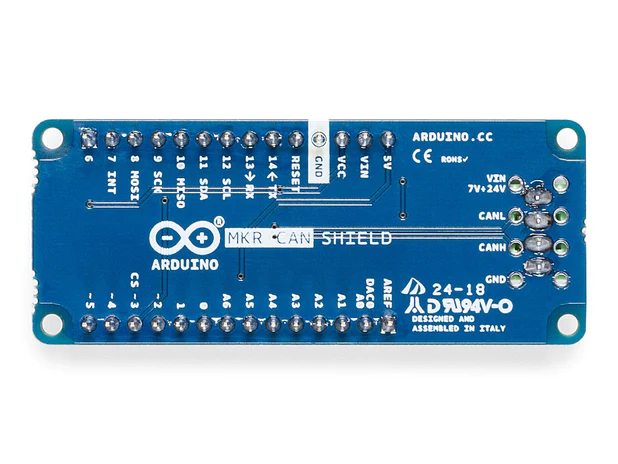


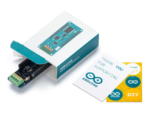
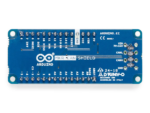
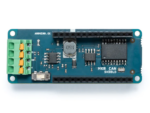
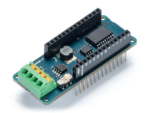



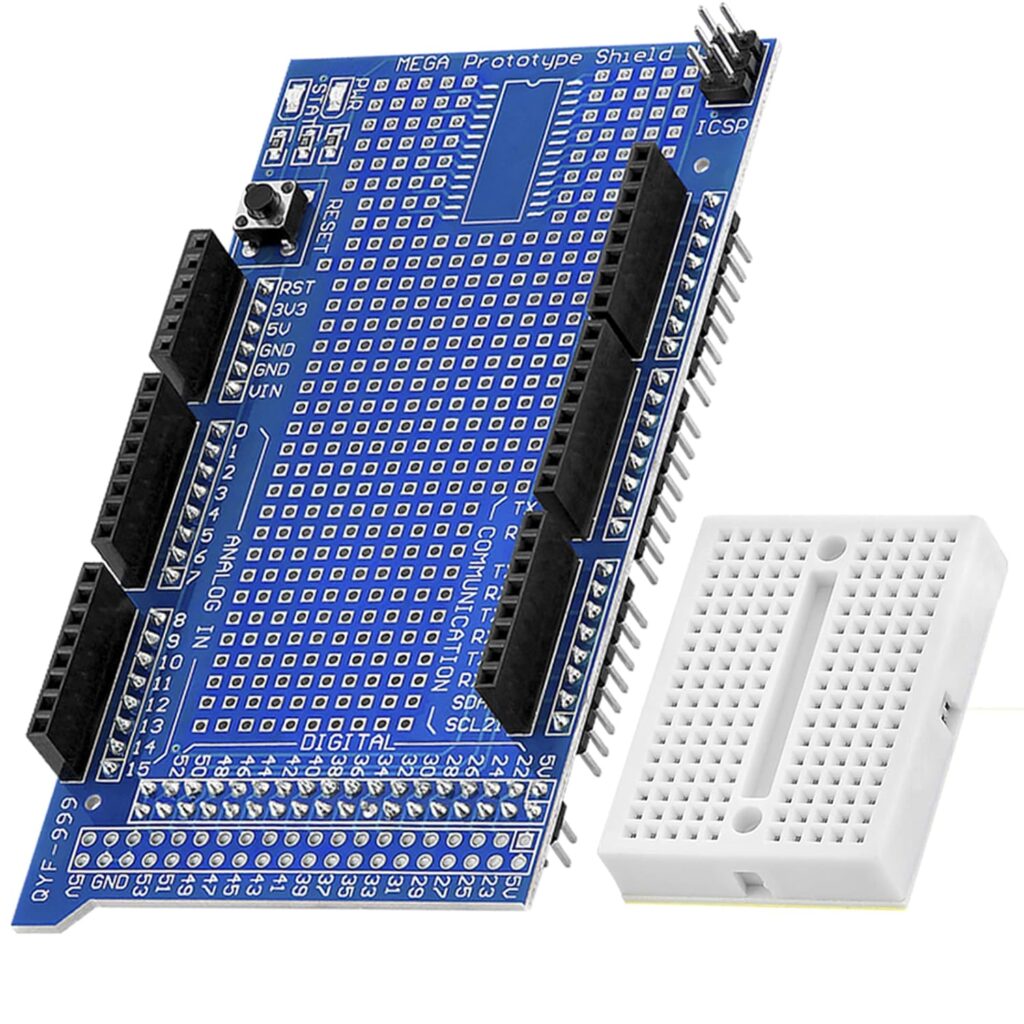
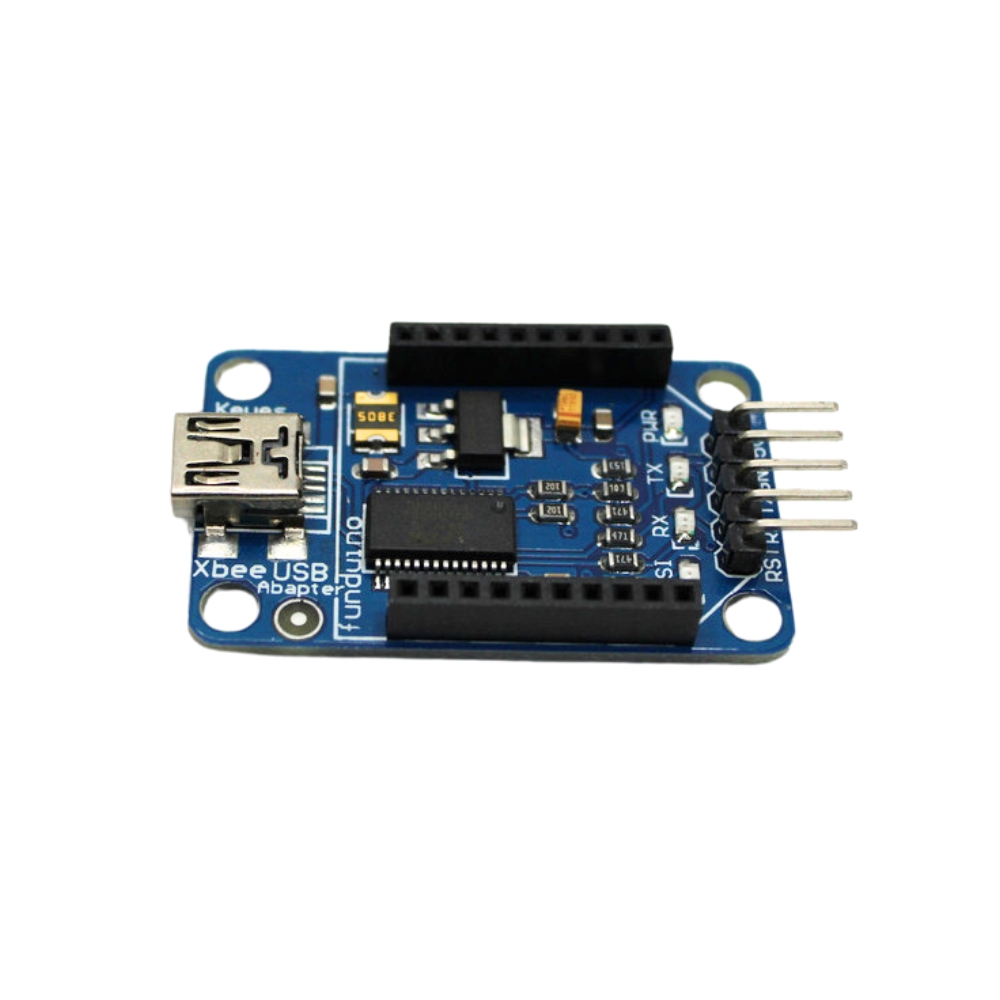
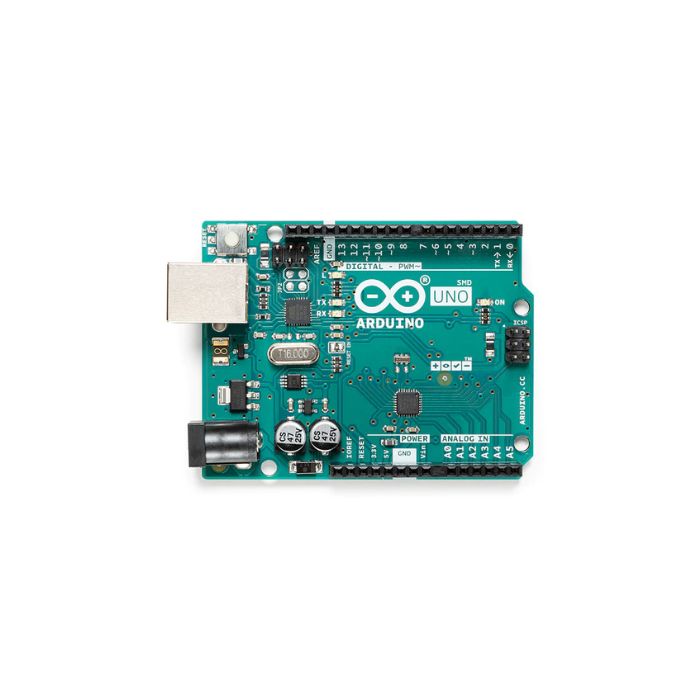
Reviews
There are no reviews yet.